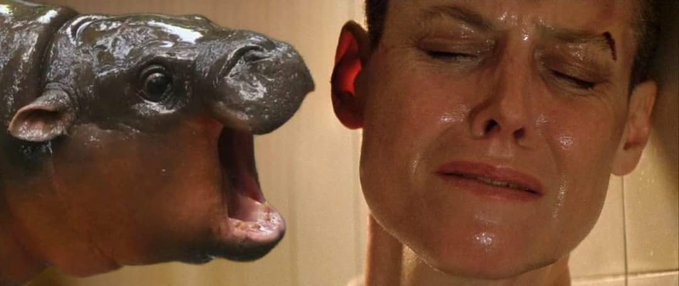i frequently dwell on the state of the WWW, and i enter this same thought process triggered by the question:
why don't we just write our own web browser?
the intuition i have that drives me asking this question is not necessarily technical, or even principled.
if we can marshal ~10 million accounts on just mastodon alone, can't we drive enough of a network effect to fight for a more open web?
but at this stage of day dreaming i realise the whole thing, all of the web is kaput, really.
does the web need saving? why could do a lot better.
the contestant enters the stage, much cheering; wooping etc.
the person approaches the old 286 and flips the switch--it whirs!!
... click, click, a grinding noise...
it booted!!!!!!
the crowd is completely beside themselves. they are practically riotous:
... that's right, contestant number 12, you win a whole day with richard stallman!
the contestant fans themselves from shock, they are clearly overwhelmed. their eyes roll backwards--everyone on stage rushes towards them--within a split-second they have hit the deck. they have fainted.
see you next time on: will it boot???
I totally loathe tech podcasts, but want to recommend tech folks listen to @jimmyhmiller episode of the changelog. It is v good.
i am personally more in favor of a "social Web" than a "social network".
what i want to do is make it easier for anyone to make a website, and to manage that website.
i want those websites to be able to link to each other in well-defined and clearly-understood ways.
i want to make friends and express myself to the fullest, in varying contexts on various websites, without context collapse.
but it feels like #fediverse is more interested in replicating the "social network" paradigm.
30/30
Means testing harms the mean household and is just plain mean, by design.
Study after study shows that providing social safety nets - benefits the vast majority of people support - is cheaper and more efficient when you get rid of the hurdles to prove you qualify.
Means testing punishes those most in need who are often least able to spend time and energy to complete the intentionally difficult process to access benefits, and results in higher costs.
Last week, Tyler Thorsted, @archivist_Liz, Chris Knowles and I did a workshop on imaging obscure floppy disk formats at #ipres2024
As part of this workshop we produced a guide, which is available on Zenodo!
quite excited for the prospect though.
we'll write a jank wiki and everyone can just put their web links on it.


 tonic
tonic